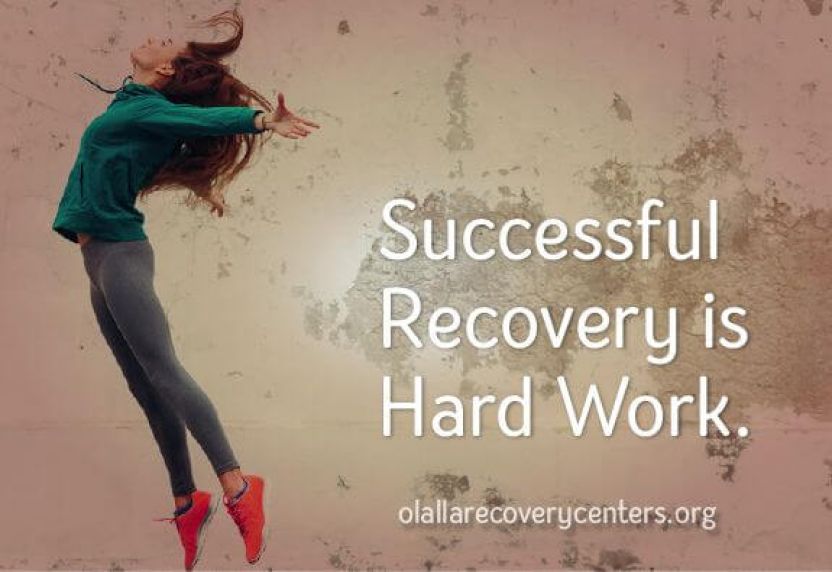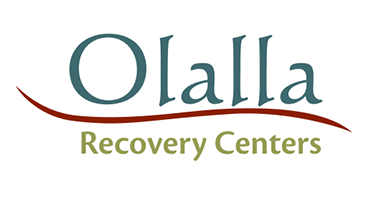
11 Jul Avoiding High-Risk Situations During Early Recovery
While relapse is not uncommon in recovery, it happens gradually, in stages. Relapse often takes weeks or months to build up, and it’s more likely during early recovery.
Learning to recognize the early signs can help prevent relapse from happening. One model that helps is called HALT, which stands for hunger, anger, loneliness and tiredness. These four feelings are also potentially high-risk situations that can lead to substance cravings.
Good self-care is important during recovery, and self-care begins with self-awareness. Ask yourself these questions:
Am I hungry?
Hunger is not necessarily physical — it can be an emotional need. The danger comes from turning to destructive habits or people to fulfill this need.
Think about why you may feel hungry. The surface answer is probably because you’re not meeting your nutritional needs. But dig a little deeper and more intangible thoughts may come to mind, like lack of accomplishment or affection.
If you’ve been isolating yourself from people who support you, seek out a close friend or fellowship community with whom you can share a wholesome meal. It’s a way to take comfort in a positive and encouraging environment while also making sure you are eating healthy.
Another way to satisfy emotional hunger is by attending group therapy or monthly support meetings and sharing your journey with others.
Am I angry?
On the emotional roller-coaster of recovery, anger is not uncommon. Learning how to express it constructively will help you avoid bottled-up anger that becomes a destructive force.
Some coping mechanisms include meditation, prayer or exercise. But because anger is such a complex emotion, talking to your recovery or mental health counselor is the best place to start.
Am I lonely?
Loneliness doesn’t necessarily result from complete isolation. You can be surrounded by people yet still feel lonely, whether it’s because you don’t feel understood or because you withdraw when you’re doubting yourself.
This is a good time to fall back on your support system and touch base with close friends or family members who help you feel grounded. Loneliness can lead to depression, increasing your risk of relapse. If you’re feeling consistently lonely, your recovery professional can help you understand the root causes.
Am I tired?
It’s normal to feel tired now and then. Chronic tiredness, on the other hand, takes a toll not only on your body but also on your mind. Additionally, being tired doesn’t always indicate lack of adequate rest — it could be a sign of being overwhelmed.
Good self-care and healthy habits like establishing a bed time will help you replenish your energy. Just as important, however, is to take stock of all your activities to see where you can cut back.
It’s OK to feel selfish — your recovery is your priority. Learn to say no to nonessential commitments and try to leave windows of time in your day when you can take a walk, relax or even take a refreshing nap.
The goal behind the HALT method is to know your triggers and recognize the danger signs early on — then use preventative strategies. Self-awareness is just as important to your recovery as self-care. “Check in” with yourself every day and be honest as you assess your emotions.


